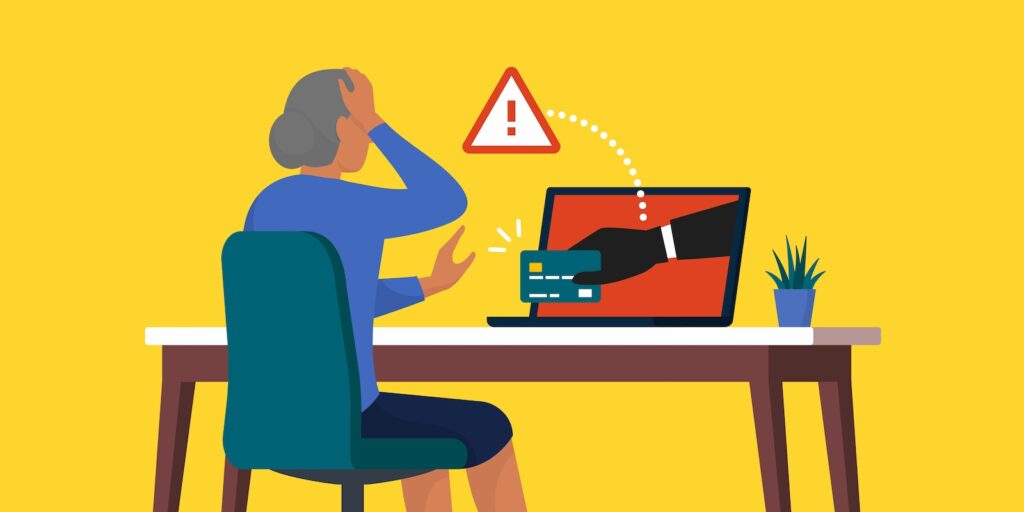Beware of Invoice Scams: Read this before paying for your business name renewal.
In the digital age, where almost everything is done online, from ordering your favourite book to paying for your monthly utilities, the convenience is undeniable. However, this shift has also opened up new avenues for scammers to trick people out of their hard-earned money. One prevalent scam that has been catching unsuspecting individuals off guard involves fake letter invoices from what appears to be legitimate businesses.
Imagine this: you’ve recently engaged with a business for a product or service, and you’re expecting an invoice to make a payment. Say, for an Online Business Registration or renewal. Then, you receive an email with an invoice attached, everything seems in order, so you proceed to pay. But here’s the catch – the invoice you’ve just paid is a fake, and the payment you’ve made has gone straight into a scammer’s bank account. And the payment did not go to the ASIC Registry Australia.
Pay your business name legitimately at ASIC Directly or an ASIC Registered Agent.
or
How does this happen? Scammers are becoming increasingly sophisticated in their methods. They manage to impersonate real businesses, creating invoices that look incredibly convincing. These fake invoices include altered bank account details, directing your payment away from the legitimate business and into the pockets of scammers. What makes it even more deceitful is that these invoices might pertain to services or products you actually expect, making it harder to immediately spot the scam.
Now, recognising these scams can be tricky, but not impossible. There are a few things you can do to protect yourself:
1. **Verify before you pay**: Before making a payment, especially if the bank details have changed from previous transactions, take a moment to directly contact the business. Use contact details you trust, not those provided in the suspicious invoice.
2. **Look for unusual signs**: Sometimes, there may be small discrepancies in the invoice details, such as incorrect dates, spelling errors, or unfamiliar terms. If something feels off, it probably is.
3. **Secure your information**: Be cautious about where and how you share your email and personal details. Scammers often gather information from publicly available sources.
4. **Educate those around you**: Share this knowledge with friends, family, and colleagues. The more people are aware of these scams, the less likely they are to fall victim to them.
Falling victim to an invoice scam can be a distressing experience, not just financially but emotionally as well. The betrayal of trust when you believe you’re engaging with a legitimate business, only to discover it was a scam, can be deeply unsettling. However, by being vigilant and adopting a skepticism towards unsolicited or unexpected invoices, you can significantly reduce the risk of falling for these scams.
Remember, in the modern world where scammers are constantly finding new ways to deceive, being cautious and informed is your best defence. Always double-check before making transactions and keep a skeptical eye on unexpected changes, especially when it involves your finances. By doing so, you can protect yourself and your loved ones from becoming the next victim of an invoice scam.

